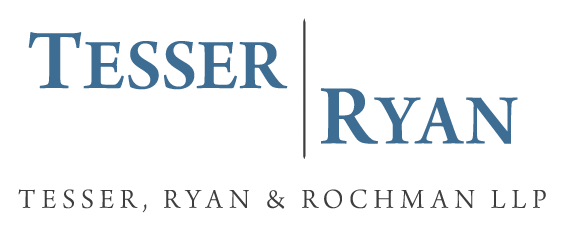Federal Court Ruling Overhauls Confidentiality in New York Attorney Discipline Matters
Attorneys who commit professional misconduct can be subject to discipline in the form of disbarment, suspension, admonishment, and other penalties. Each state has unique procedures for disciplining lawyers for professional misconduct, including the confidentiality of the disciplinary process. Some states make the entire disciplinary process—including the initial complaint—open to inspection by the public. By contrast, the law in New York was that, with limited exceptions, disciplinary matters are confidential except in cases that result in public discipline, i.e., disbarments, suspensions, and public censures. See Judiciary Law § 90(10). Private dispositions, including private admonitions, letters of advisement, and dismissals, were not available to the public, nor were documents relating to the disciplinary investigation.
All this could be changing in light of a recent decision by the United States District Court for the Southern District of New York. See Civil Rights Corps, et al v. Hector D. Lasalle, et al, 21 Civ. 9128 (S.D.N.Y. 2024).
The plaintiffs were an organization and a group of legal scholars with the goal of exposing and reforming prosecutorial misconduct. After the group filed complaints against various prosecutors with a Grievance Committee within New York’s Second Department, they were excluded from the investigation because the Grievance Committee elected to remove them as complainants and continue the investigation in its own capacity. The group sued in federal court for access to the proceeding.
In a 118 page ruling, Judge Victor Marrero issued a decision that significantly limits the confidentiality of New York attorney disciplinary proceedings, finding that such absolute restrictions were unconstitutional. As a result of the ruling, the plaintiffs were entitled to significant access to the proceeding, including a copy of any disciplinary disposition issued by the Attorney Grievance Committee or the Second Department Court (but not dispositional recommendations issued by the Chief Counsel for the Grievance Committee) and the ability to be present the disciplinary hearings conducted by a special referee.
This decision leaves many questions for New York attorneys. It noted that there may be individual cases that would warrant heightened confidentiality, but did not specify what circumstances would warrant this. Further cases may also clarify the scope of the ruling including whether this ruling applies to all attorney disciplinary matters or only those involving attorneys acting as public officials and whether any member of the public is entitled to this information or only legitimate complainants.
If you have questions about the confidentiality of attorney disciplinary proceedings or other questions about legal ethics in New York or New Jersey, call the experienced attorneys at Tesser, Ryan & Rochman, LLP at (212) 754-9000.
